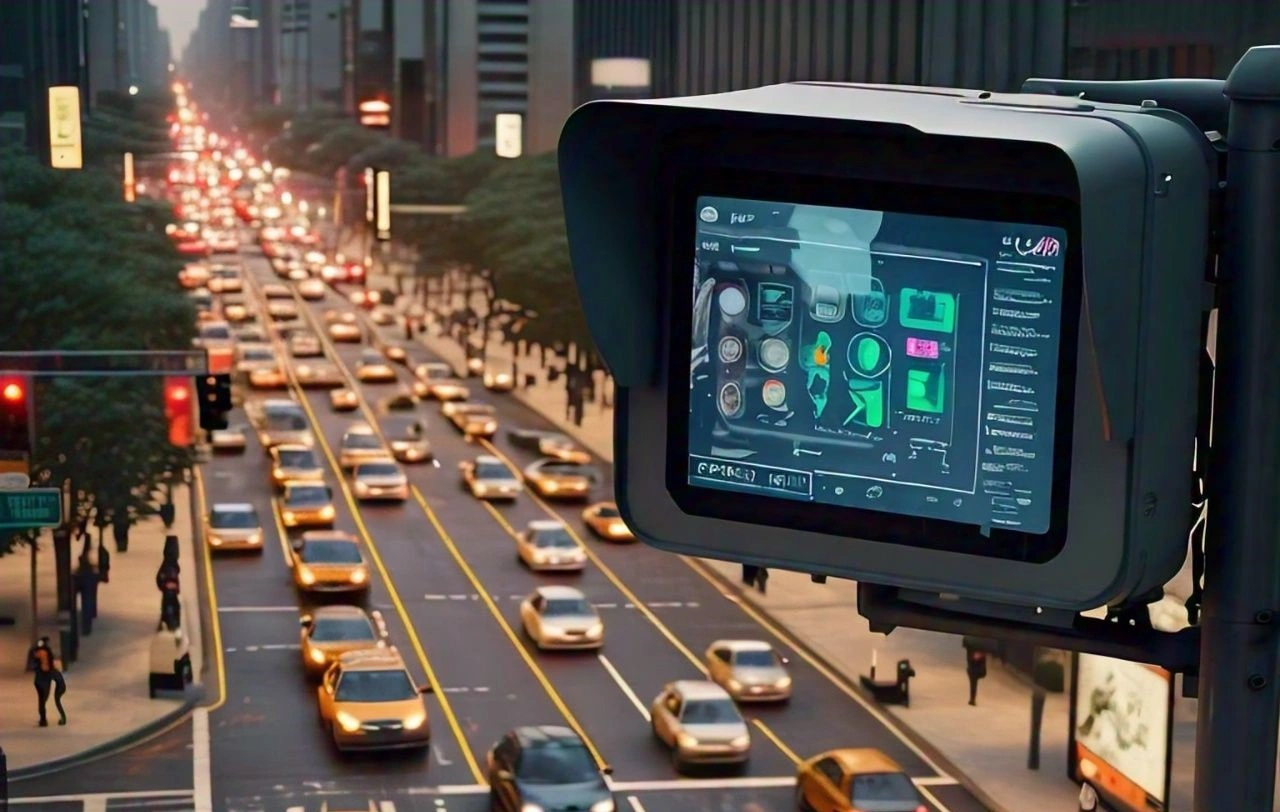A group of engineering students from Canadian University Dubai (CUD) has developed an AI-powered system to identify accident hotspots for taxi services in Dubai.
This system, named SmartTranspo, uses data science and AI algorithms to map accident-prone areas and identify high-demand taxi zones, aiming to improve safety and efficiency.
Innovative Features for Safer Roads
The SmartTranspo system was created to reduce accidents and enhance taxi dispatch operations, leading to faster pickups for customers. By addressing real-world problems, the project also helped students develop problem-solving skills.
Recently, SmartTranspo earned the prestigious ‘Best Implementation Champion’ award at the Alibaba Cloud/AI and RTA Hackathon 2024 in Dubai.
Solving Real-World Transportation Challenges
Speaking about the project’s purpose, student Mohamad Mourad shared, “The hackathon encouraged us to address challenges like optimizing taxi pick-up points, identifying route anomalies, managing dynamic taxi ranks, and locating accident hotspots. Our focus was on improving taxi operations and safety in urban settings.”
The system features a user-friendly map that marks red for accident hotspots, yellow for taxi stands, and blue for high-demand zones.
Powered by Data Insights
Co-developer Adeeb Mohammad explained the technical process, saying, “We used real data provided by the RTA, including taxi trip details and traffic accident information. By applying machine learning algorithms like k-means clustering, we identified specific areas with frequent taxi trips and accidents.”
The team integrated these insights using the Google Maps API, allowing taxi drivers to view hotspots and optimize their routes in real time. Unlike traditional systems, SmartTranspo analyzes dynamic datasets, adapting to time-specific variations in accident-prone areas.
Focusing on Safety
Safety was a key priority for the project. Recent data from Dubai Police revealed 32 road fatalities caused by swerving between January and mid-November, with 262 accidents involving reckless lane changes during the first half of the year.
“To minimize such incidents, our system focuses on analyzing real-time data, helping taxi drivers avoid high-risk areas at specific times,” Adeeb noted.
Enhancing Efficiency and Revenue
SmartTranspo doesn’t just improve safety, it also reduces costs for taxi companies by lowering accident-related expenses and downtime.
The system uses clustering algorithms to identify high-demand pick-up points, redirecting taxis strategically to these areas. This minimizes wait times and improves customer satisfaction.
Future Plans for Expansion
The team is now working to integrate SmartTranspo with the RTA’s systems for broader use across Dubai’s transportation network.
“This system can easily be integrated into platforms like Careem, Waze, or Yango, making it accessible to various mapping services,” shared team member Mohamad Hamadeh. Looking ahead, the team plans to enhance the system by adding features like taxi charging infrastructure and strengthening their skills in machine learning, data science, and cloud computing.





